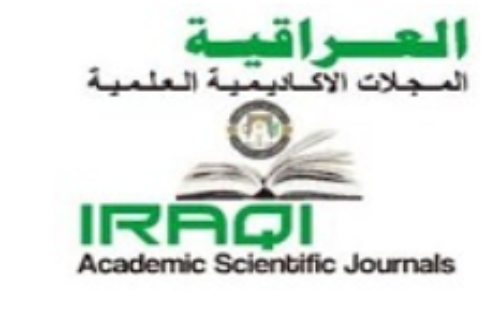Impact of Al-Najebiya thermal energy power plant on aquatic ecosystem of Garmat Ali canal.
Abstract
Monthly variations in concentrations of nutrients (nitrite, nitrate, phosphate and silicates) alongwith total dissolved solids (TDS) were investigated in Al-Najebiya electricity power generating
station (N.S).The study extended from November 1997 to October 1998. Three sites were selected
for sampling, based on intake and discharge points. The lowest nitrite value (0.15 µg at. N/L) was
encountered in November and the highest (1.37 µg at. N/L) in January. Nitrate (NO3) revealed
considerable rise in concentrations near effluent, as well, and the highest (34.95 µg at. N/L) was in
August. Maximum value of phosphate (4.75 µg at. P/L) was encountered near the effluent
discharging point. Silicate (SiO3) concentration was also distinctly high in this site, the maximum
value (201.1 µg at. Si/L) recorded in August. TDS exhibited higher concentrations in sites closer to
thermal discharge as well (1675mg/L). No previous ecological, long or short term, work of the type
was recorded for the investigated site or any other similar locations in the country.
Downloads
Published
2009-05-13
Issue
Section
Articles
License
Copyright (c) 2019 University of Thi-Qar Journal of Science

This work is licensed under a Creative Commons Attribution 4.0 International License.
How to Cite
A. Hussein, S. ., J. Al-Shawi, I. ., & M. Abdullah, A. . (2009). Impact of Al-Najebiya thermal energy power plant on aquatic ecosystem of Garmat Ali canal. University of Thi-Qar Journal of Science, 1(4), 51-59. https://jsci.utq.edu.iq/index.php/main/article/view/209












